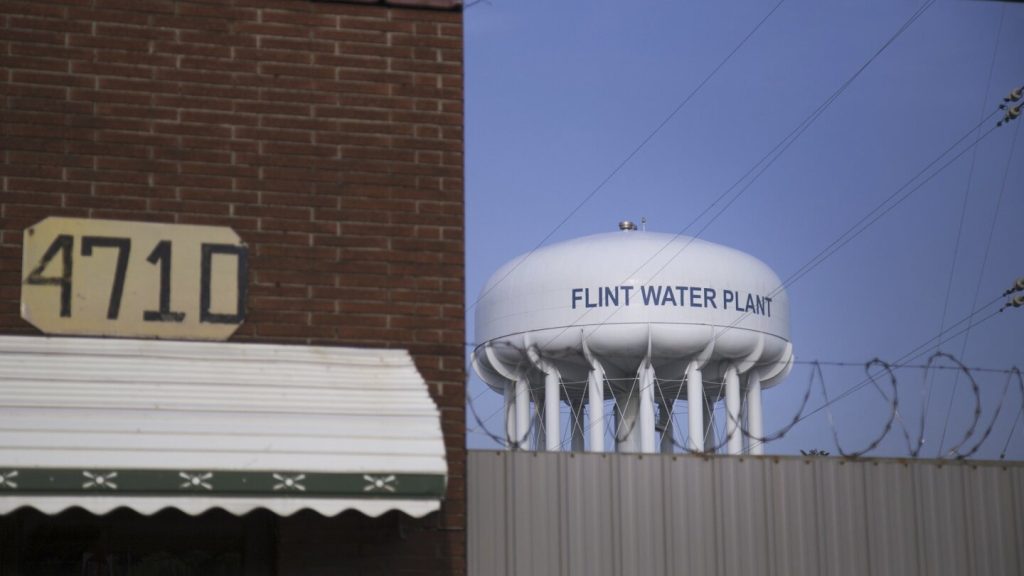The state of Michigan has offered to take over property repairs at 1,900 homes in Flint where water pipes have been inspected or replaced, in response to a judge finding the city in civil contempt for failing to complete the work on time. The city of Flint has been dealing with a water crisis since 2014, when a water switch led to lead leaching off old pipes and contaminating the drinking water. While 10,000 to 11,000 lead or galvanized steel pipes have been replaced out of 30,000, there are still numerous homes with unfinished repairs, including broken driveways and sidewalks. The Natural Resources Defense Council stated that the state has agreed to manage the remaining work, with an estimated cost of over $4.75 million.
Flint Mayor Sheldon Neeley expressed gratitude for the state’s assistance in completing the property repairs, as the city has struggled to fulfill its commitments. The NRDC attorney Sarah Tallman emphasized the importance of finishing the job, which has been long overdue. The pipe replacement project in Flint has received funding of nearly $100 million from state and federal governments, with the city reverting to a Detroit-area water supplier in 2015. The state’s involvement is seen as a necessary step to ensure the completion of the repairs and to address the lingering effects of the water crisis on the residents of Flint.
The issue of delayed property repairs in Flint highlights the ongoing challenges faced by the city in recovering from the water crisis. Despite significant progress in replacing lead or galvanized steel pipes, the neglect of property repairs has left many residents with unresolved issues related to the contaminated water. By stepping in to oversee the remaining work, the state of Michigan aims to fulfill its responsibilities in addressing the consequences of the water crisis and ensuring that residents have safe and habitable living conditions. The collaboration between the state, the city, and advocacy groups like the NRDC underscores the collective effort needed to address complex issues like the Flint water crisis.
The agreement between the state of Michigan and the city of Flint reflects a recognition of the urgency of completing the property repairs and restoring the affected homes. With the state taking on the responsibility of managing the work and allocating additional funds as needed, there is hope that the remaining 1,900 homes will soon see improvements to their damaged driveways, sidewalks, and lawns. The legal intervention by U.S. District Judge David Lawson in response to the city’s failure to meet deadlines underscores the importance of holding accountable those responsible for addressing the consequences of the water crisis. Moving forward, continued oversight and collaboration will be essential in ensuring the successful completion of the property repairs in Flint.
The involvement of the Natural Resources Defense Council in advocating for the completion of property repairs in Flint highlights the role of environmental advocacy organizations in holding government entities accountable for addressing environmental injustices. Through legal action and public advocacy, groups like the NRDC have been instrumental in pushing for accountability and ensuring that the needs of affected communities are prioritized. The state’s agreement to step in and manage the remaining repairs is a testament to the pressure exerted by advocacy groups and the importance of community-driven solutions in addressing environmental crises. As efforts continue to address the legacy of the Flint water crisis, collaboration between government, advocacy groups, and residents will be crucial in driving meaningful change and mitigating the impacts of the crisis on public health and well-being.


